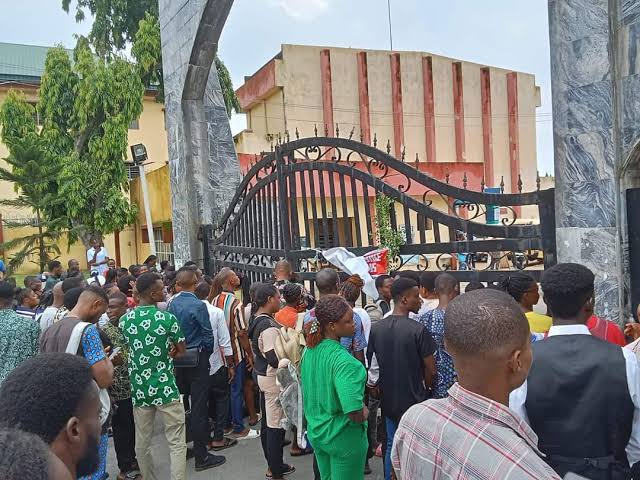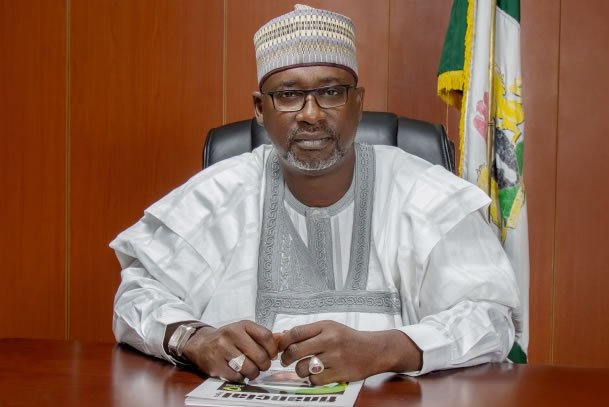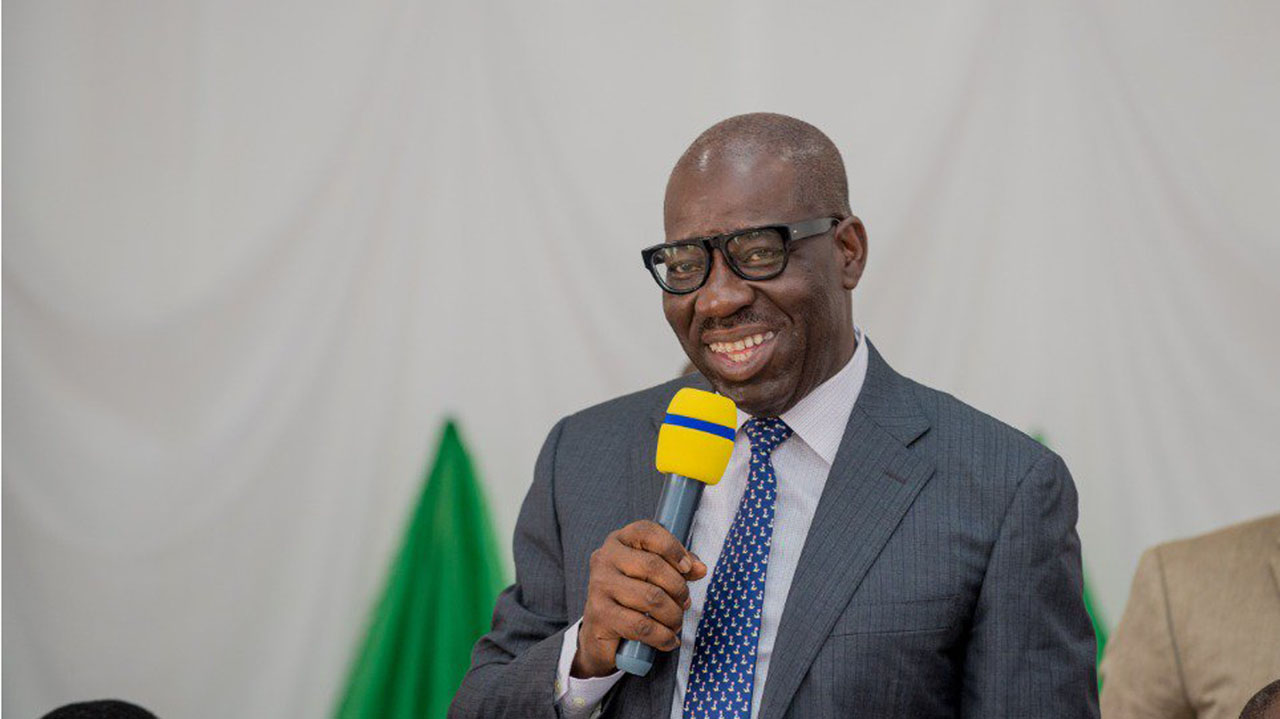Wevole Ezin.
Sudents of the University of Calabar (UNICAL) have protested over lack of electricity and water supply.
The malabites and malabreses at the early hours of today took to the hostel halls at the Malabor Republic, chanting solidarity songs to express their displeasure and frustration over lack of electricity and water.
While addressing the angry students, the Governor General of Malabor Sen. Livinson Arikpo, and the Spiritual Head of Malabor, simply known as Mathias said they shared in their challenges and concerns.
Arikpo said, “We understand the difficulties you are facing, and I assure you that we are working tirelessly to resolve the issues,” Arikpo said.
He urged the protesters to remain calm and peaceful, assuring them that their grievances would be addressed promptly.
“We feel your pain, and we are committed to finding a lasting solution to these challenges,” Matthias said.
The protesters, however, demanded a specific timeline for the restoration of amenities, vowing to continue their agitation until their demands are met.
The Malabor Republic has been plagued by infrastructure challenges in recent times, with residents lamenting the lack of basic services.
When contacted, the UNICAL Public Relations Officer, Mr. Eyo Eyo, said that the Vice Chancellor, Prof Florence Obi has addressed the protesting students with a promise to address their issues.
He said, ” it was a couple of students who have issue with water, they came out this morning and said they have not gotten water for two days and again, apart from the water, there is this outage issue, the Portharcout Electricity Distribution Company (PHED) stationed very close to us here have an issue that is affecting the university and even the entire area so I think it’s a fider issue, so there is no power on that particular rider feeding this area.
“The VC came and addressed them, she said the management will provide generator for them to pump water for the time being, so the issue has been resolved and the students have gone back to their hostels.” The PRO stated.
However, It would be recalled that in July 1, 2024, Law Students and Staff of the institution also protested over insecurity and poor welfare. And in 2023, the students protested against the management over school fees increment.
##



